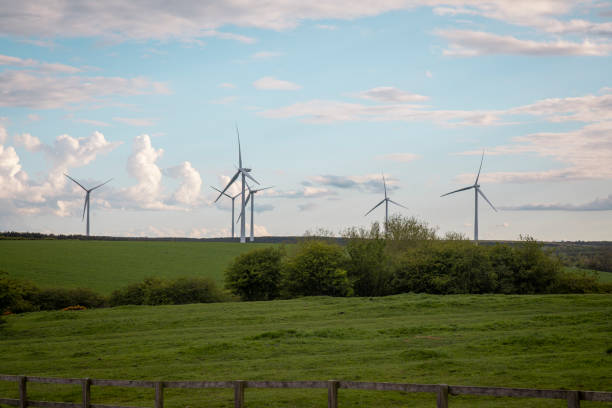Using sea kelp for your lawn is a great way to improve the soil conditions and help your grass stay healthy. It also helps your grass withstand the stresses of heat and disease. It can also help your grass get nutrients into the soil so that it will look better, grow faster, and stay greener for a longer period.
Increases nutrient uptake
Using Sea Kelp for lawns and plants is an eco-friendly way to improve the health and appearance of your plants. This natural, concentrated source of minerals and vitamins boosts the growth and development of your plants. Using this plant supplement is easy and cost-effective.
It is essential to provide your plants with the proper nutrients. When used as a fertilizer, Sea Kelp for lawns encourages plants to take in nutrients from the soil. It will help them to grow healthier and improve the ornamental quality of your lawn.
Sea Kelp for lawns can be applied as a foliar spray or directly to the root systems. This treatment is beneficial for your plants at any stage of their lives. The benefits of using Sea Kelp for lawns include improved nutrient uptake, better plant health, improved soil conditions and increased plant-microbe interaction.
In addition to increased nutrient uptake, the treatment also aids in enhancing nutrient cycling, promoting healthier plants and helping to protect the environment from the loss of nutrients. The treatment is also beneficial for new plantings, allowing them to develop stronger roots.
Sea Kelp for lawns is a highly effective fertilizer that can be applied directly to the soil or growing medium. The soil quickly absorbed the plant-available minerals and vitamins in the fertilizer, enabling plants to grow healthier and stronger.
Helps endure heat stress conditions
Using a liquid seaweed fertilizer will enhance the health of your lawn. A study at the University of Nebraska found that sea kelp-treated grasses were more durable in the face of heat stress. Likewise, the benefits of applying kelp supplements are not limited to the lawn, as they can also be used to improve the health of your vegetable garden. Kelp is also a great source of vitamins A and E. The best time to apply kelp supplements is during the fall and winter.
While there are many lawn treatments on the market today, using kelp is a surefire way to keep your lawn looking its best. Using kelp is also a great way to reduce the effects of fungus disease. The same can be said of the benefits of using kelp to control insects, slugs and weeds. It translates into a healthier and happier yard for you and your pets. The best part is that kelp is all-natural and organic.
Boosts grass’s ability to handle stresses and diseases
Kelp is a good source of two plant growth hormones, which can help increase plant resilience in the face of stress. Several studies have shown that the same extract used to enhance turf root mass in a golf green can also improve root zone nitrate-nitrogen availability. A university test also found that seaweed extract increased copper nutrient levels in grapevines. Even though sea kelp is relatively low in cellulose, it is a highly nutritious source of plant growth-supporting nutrients.
A study by the University of Florida found that applying sea kelp to turfgrass improved its ability to handle stress. It is especially true when your lawn is more susceptible to stress in the summer heat. Using a biostimulant is the best way to ensure a healthy lawn throughout the year. It is also an excellent way to help rejuvenate your lawn when it’s damaged by drought, salt, or other stressors. The best time to apply a biostimulant is during the early morning hours.
Improves soil conditions
Using Sea Kelp for your lawn can improve soil conditions and increase its health. It is a natural fertilizer that contains nutrients and chemicals to enhance your lawn. It is an eco-friendly product that is sustainably sourced and cost-effective.
Sea Kelp from yarddawgslawncare.ca/calgary/sea-kelp can improve soil conditions by improving moisture retention and aeration. It also encourages the population of beneficial bacteria and microorganisms that influence the production of available nutrients. It helps reduce the use of chemical fertilizers. It increases root growth and promotes lush foliage.
Kelp contains a variety of beneficial hormones that are essential for plant growth. These hormones help increase seed germination, nutrient uptake, and root growth. They also reduce transplant shock.
Kelp is also a bio activator that encourages plants to draw up nutrients from the soil. It helps plants use the soil’s nutrients more efficiently, making them grow faster and more efficiently.
The beneficial microbes in the soil improve the soil’s health and structure. By helping the soil absorb minerals, microorganisms also improve the soil’s nutrient-holding capacity. They also help decompose organic matter. When microorganisms are destroyed, the soil’s holding capacity is reduced.
Sea Kelp can improve soil conditions by increasing the chlorophyll content of the soil. It is also beneficial to hydroponic and seed treatments. It helps increase the amount of phosphorous, calcium, magnesium, and potassium.








